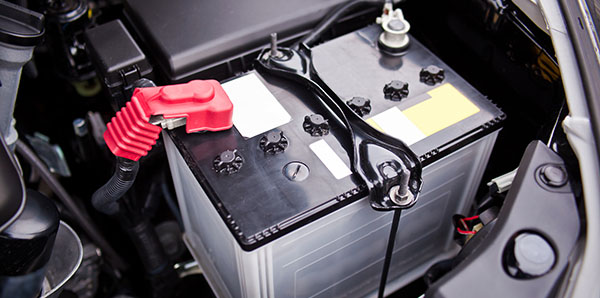
“Who should pay for OEM-pay websites for procedures on repair operations: insurance companies or shops? I feel the insurance company should pay for this cost for proper repair.” – Robert Duffer, owner, Bob’s Paint & Body Shop, Fort Dodge, Iowa
At first blush, I would agree that the insurer should pay the fee to access OE repair information. But let’s take a closer look at this.
A Necessary Step
I think most will agree that legitimate research is both a necessary and prudent first step in properly repairing today’s automobiles, even when the repairs may be considered minor. Those who do provide this important service understand that there are multiple sources for this information at various costs. Looking up this information is often mandated by the vehicle’s original manufacturer, but it’s also a sound business practice relative to a repairer’s fundamental responsibilities. It’s also a critical step to avoiding liability.
Who Owes?
So we agree that such an expense is viable and owed…but owed by whom?
This question as to who would owe for the research comes down to whom the repairer is providing their services. It’s likely to be your customer – the “consumer” who owns the vehicle, be it an individual, local new/used car dealer, fleet customer, etc. It would not be the insurer’s responsibility to pay the repairer, unless of course it was the insurer’s vehicle that was being repaired. The “customer” of record (the one who signed your repair authorization/contract) would be responsible for the payment of all services provided by the repairer. The customer may rely on the insurer’s payment to do so, and as a repairer, you may expect the insurer to cover the cost, but ultimately it’s the customer who owes the repairer for all services, parts and materials provided to them. So, the answer to your question is, neither the shop nor the insurer should pay for the OE data. Your customer owes for the research.
The fact that you posed this question suggests that you’re far more advanced in your business knowledge and dealings than many other collision repairers who don’t even perform such research or understand why they should. For them, I offer some advice for when the insurer says, “We don’t pay for that,” “You’re the only one who asks for that,” “That’s not a prevailing competitive practice,” etc.
Research
Like many professions, research is necessary to properly provide the requested services. This may be true for:
- An attorney who must conduct research to fully understand the specific issues involved in a lawsuit so that they may properly represent their client.
- A statistician who must conduct research to obtain the information needed to render their data analysis to their customer/client. They don’t know it, so they must research and find it.
- The doctor who must research the patient’s medical history to determine the proper course of treatment and rehabilitation.
- The plumber who must watch out for existing underground pipes, drains, gas and electrical lines to avoid damaging them when digging new trenches for pipes and lines.
- The IT computer technician who must conduct research to identify various viruses and fixes for computer- and/or software-related issues. They don’t get paid to press a few keys; they find solutions through research.
Of course, there are many other professionals who must do research in order to serve their clients effectively. As they say, “Time is money,” and therefore a charge for research time is not uncommon.
Due to the many changes in automotive technology that occur daily, the auto repair industry is no different. Some insurers may argue that researching OE information is “the cost of doing business,” but not charging for such time may be the cost of going out of business!
When confronted with such nonsense, I encourage our repairer coaching/consulting clients to merely state, “That’s OK, I’m not going to get mad if your company doesn’t pay for it so long as the customer doesn’t get upset with us when we terminate the repair because you won’t provide them this necessary and safety-related service.”
Repairers will be utterly astounded at what they learn through such research and how much jeopardy they’ve placed themselves in over the years.
If you fail to see the importance of pre-repair research, read about the John Eagle collision case. This is a prime example of what minimal research can do to protect you, your technical staff and your company.
A New Industry
This is no longer our fathers’ body shop industry. As such, today’s collision repairers need to think and do things differently than in the past. Today’s repairers need to constantly monitor changes and seek the required information to be able to evolve with the new technologies and consistently modify the way they conduct business today, tomorrow and in the years to come. This includes what and how they charge for the services they provide their customers.













